About Centre
Nuclear science and technology have impinged upon global politics and security studies for decades. IDSA has focused on the study of the political and strategic facets of nuclear science and technology since its inception and is known for providing a different perspective on global nuclear issues. The Institute has been at the forefront of shaping the debate on key nuclear issues in India and in the world at large. The Center for Nuclear and Arms Control is dedicated to advance research on strategic nuclear issues. It is engaged in projects that seek to provide answers to relevant policy questions relating to global nuclear disarmament, non-proliferation and anti-proliferation, nuclear energy, global nuclear governance, regional nuclear dynamics, Arms Trade Treaty, the Chemical and Biological Weapons Conventions, among others. Through its outreach activities, the Centre has disseminated its research output in the strategic studies and policy communities.
Members
-
Senior Research Associate
-
Research Analyst
Events
MP-IDSA Monday Morning Webinar on Anatomy of AUKUS Nuclear Submarine Deal and Key Takeaways
Members
-
Senior Research Associate
-
Research Analyst








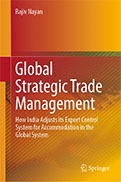
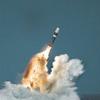


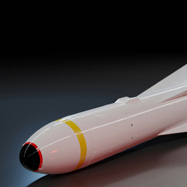
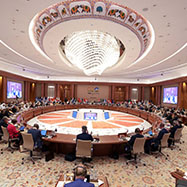
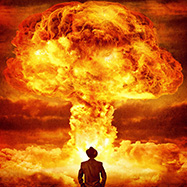
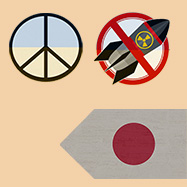
Ukraine War: A Thorn in the Arms Control Talks
The Russia–Ukraine war has not only exacerbated already broken relations between the US and Russia but has emerged as a major hindrance to the conduct of the arms control talks.